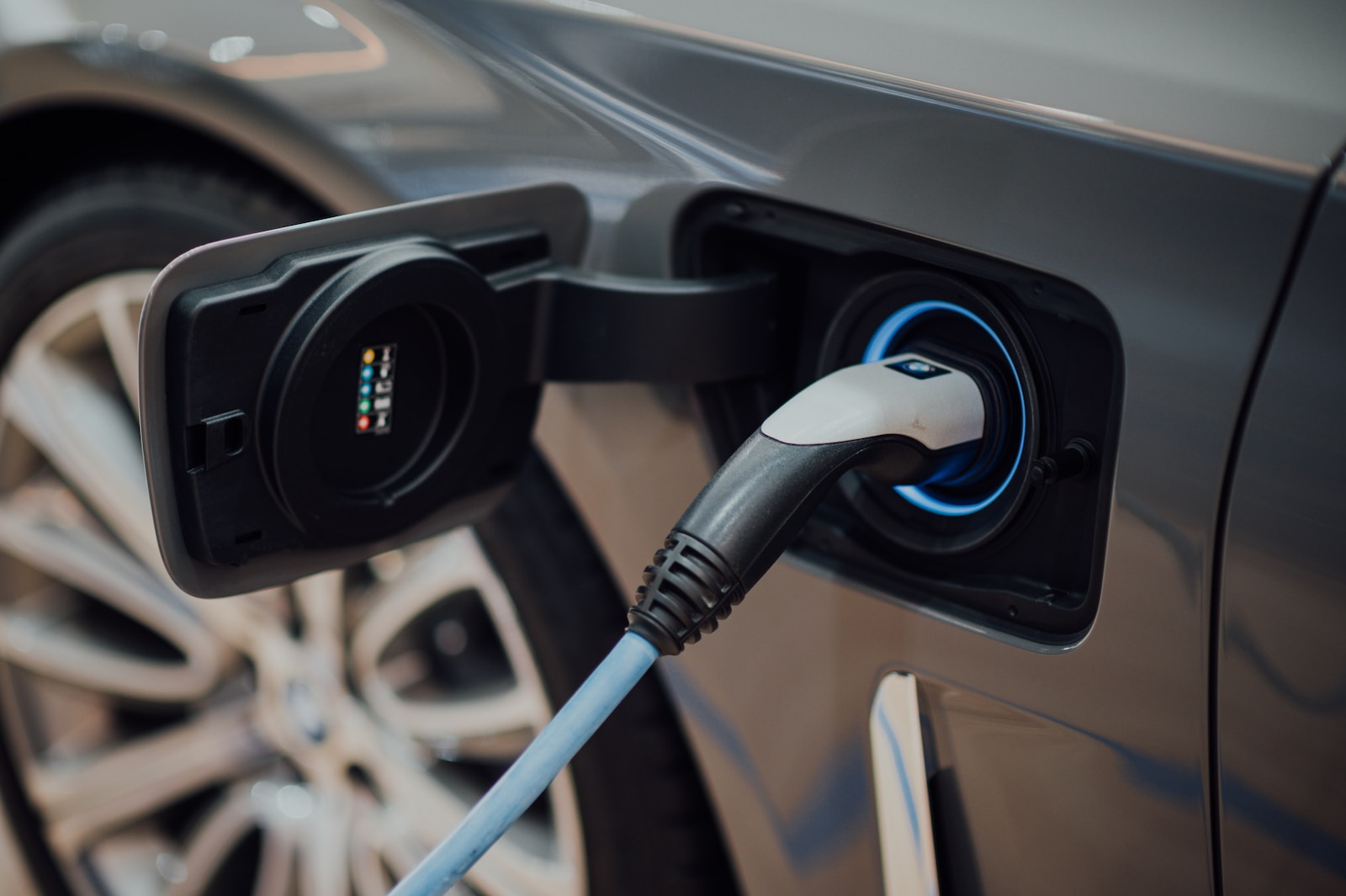
Photo by CHUTTERSNAP on Unsplash
Canada Planning Zero-Emission Vehicle Requirement by 2035
December 18, 2023
In a bold move toward a cleaner environment, Canada is expected to unveil new regulations this week stipulating that all vehicles sold in the country should be zero-emissions by 2035. These anticipated regulations are gaining quite a buzz in the media, and according to insider reports, they will be referred to as the Electric Vehicle Availability Standard.
Part of the rationale behind this radical change is to ensure automakers produce enough zero-emission vehicles to match the burgeoning demand. Intricate details of the impending regulations were brought to light by the Canadian Broadcasting Corporation (CBC), which cited an anonymous senior government source.
Concerns have been raised about the considerable influence of countries like the U.S. over the supply of zero-emission vehicles. It is therefore crucial for Canada to take control of its destiny in this regard. According to the same reports, the official announcement of these regulations is slated for Tuesday.
According to The Toronto Star, which cites an unnamed government official, the newly proposed rules aim to both reduce waiting periods for electric vehicles (EVs) and ensure the majority of the supply is directed toward Canadian markets. The regulations present a phased approach to augment the sales of zero-emission cars — the plan expects 20% of all new vehicle purchases to be zero-emissions by 2026, rising to 60% by 2030, and ultimately attaining 100% by 2035.
The new regulations will directly affect automakers, rewarding them with credits based on the number of EVs they sell. Different EV models will yield varying amounts of credits, depending on their proximity to the zero-emissions standard. The system also incentivizes automakers to develop infrastructure for EV charging by offering credits for such efforts. Early-bird privileges have also been included in the regulations, offering additional credits to companies that roll out EVs before the 2026 kickoff. If companies exceed or miss their targets, they can trade credits with other companies.
Environment and Climate Change Canada has yet to comment officially on these upcoming regulations.
On a related note, the Biden administration in the U.S. recently estimated that two-thirds, or around 67%, of new light-duty passenger cars could be electric by 2032 under its new proposed clean car regulations. However, the House last week voted in favor of blocking these proposed regulations. Certain states, including New York and California, have already implemented similar mandates.
Recent News
Planet Fitness Increases Membership Prices After Nearly 3 Decades
Despite there being a growing amount of cost-conscious consumers, Planet Fitness is raising its base membership fee for new customers for the first time since 1998.
Dorsey Bows Out of Bluesky Due to Fears It’s Turning Into Twitter 2.0
Twitter co-founder Jack Dorsey has exited Bluesky as he said it was “literally repeating all the mistakes [Twitter] made as a company.”
Amazon Debuts New Streaming Ads on Prime
Amazon Ads has unveiled new ad formats for Prime Video users.
Babies“R”Us Is Returning to Some Kohl’s Stores
The openings should begin later in 2024.


